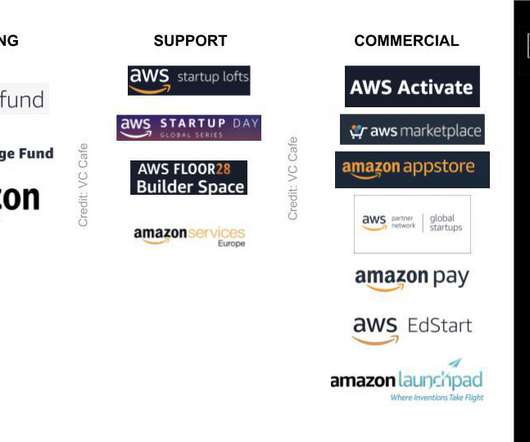Startup Funding – A Comprehensive Guide for Entrepreneurs
ReadWriteStart
JUNE 1, 2020
Forms of funding. ? Equity investment. Equity investment is the most popular and most talked-about avenue for startup funding. These investments are made instead of shares or equity in your startup. Bootstrapping. I always recommend that you start with bootstrapping. Equity investors. Crowdfunding.










































Let's personalize your content